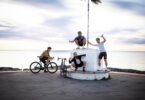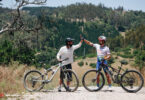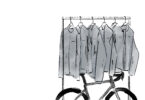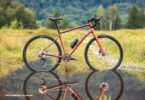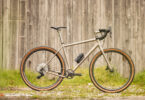Interview: Chun Kai Feng about the Asian Cycling Culture
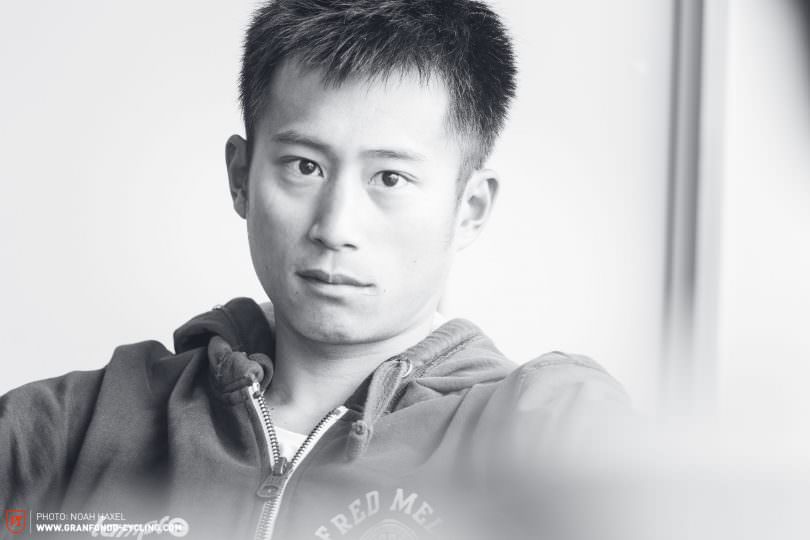
We met up with Chun Kai Feng from Team Lampre-Merida, the first Taiwanese cyclist to join the World Tour, just before the Spring Classics to talk about the Asian cycling culture, competition levels and the life of a Pro. Find out what he had to say below:
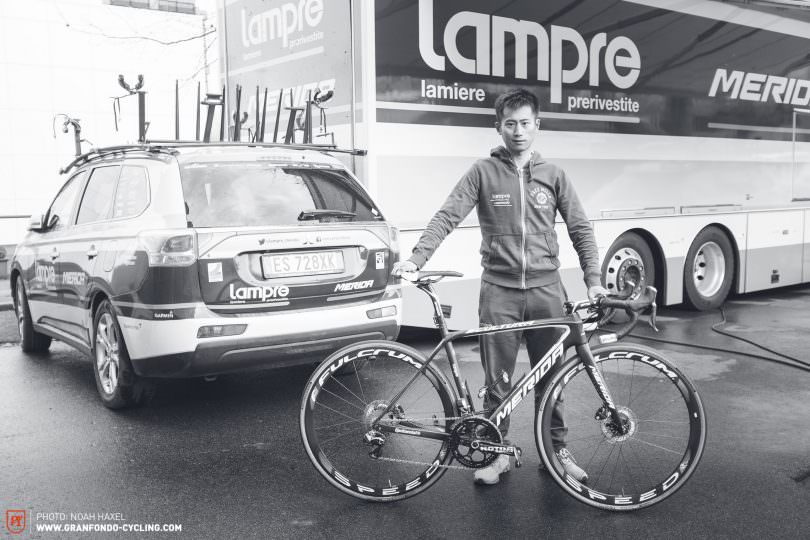
GRAN FONDO: The attention of the cycling world seems pretty fixed on Europe, and I reckon a lot of us Europeans have huge gaps in our knowledge when it comes to the scene in Asia. For starters, it’d be really interesting to hear your thoughts on the differences between the pro cycling scenes in Asia and Europe, and outline what it’s like being a pro cyclist from Taiwan in particular. How does the international scenes compare? You’ve got various Taiwanese championship titles, right?
C.K: The level of competition in Europe is much higher in comparison to Asia, and there’s much more strength in depth in Europe. Asian cyclists obviously always aim to be as competitive as European riders, so this is why I am so happy to get the chance to race for Lampre-Merida. My personal goal is to raise the level of Asian competition by being a role model.
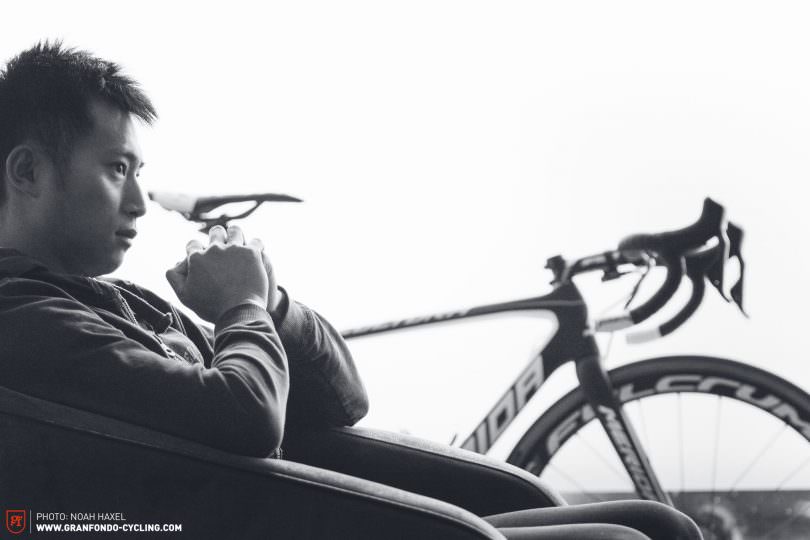
GRAN FONDO: So how did you get into cycling?
C.K: When I was younger I used to watch the Tour de France with my father and always dreamt of being part of the pro cycling scene one day.
GRAN FONDO: What sort is there in Taiwan for budding cyclists?
C.K.: Unfortunately, there is national cycling federation in Taiwan, which makes it really hard for young cyclists to break into the sport at a high level. Fortunately, Merida have their factories in Taiwan, which helps the Asian scene and its riders to get their attention.
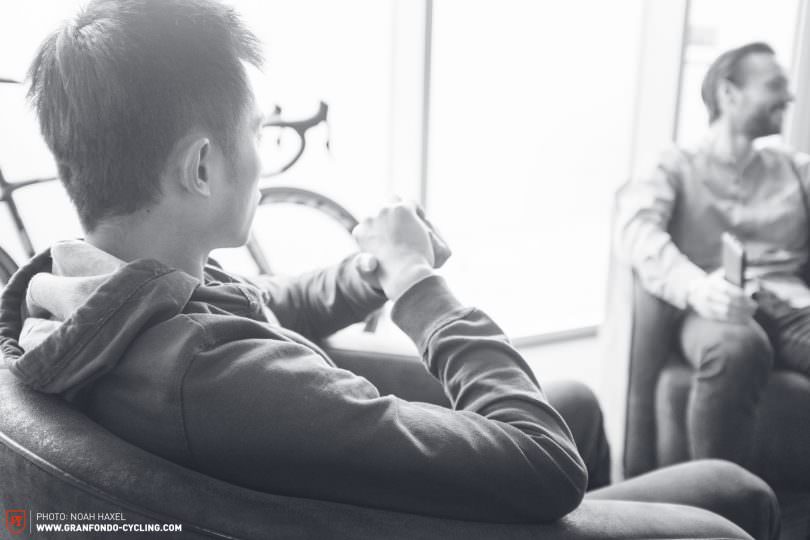
GRAN FONDO: You are well known in Taiwan now and have a lot of followers. Do you think the average Asian cyclist prefers to follow the European or the Asian cycling scene?
C.K.: They follow the Grand Tours and the big famous races in Europe more than the local Asian scene. They literally read the news from Europe every day.
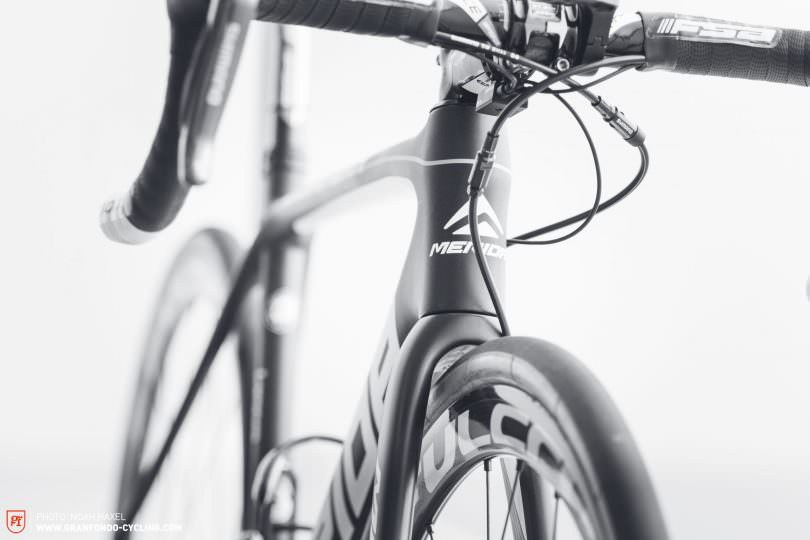
GRAN FONDO: When we were over in Shanghai a few years ago, we noticed a lot of riders on expensive-looking bikes. Do you see road bikes becoming a status symbol for Asians?
C.K.: In Taiwan, many people cycle purely for exercise. In China, the bike is mainly for commuting, but the sport itself is growing there as well.
GRAN FONDO: How much time do you spend in Europe and how much in Taiwan?
C.K.: I came to Europe in March and stayed for about 2 months to participate in the Spring Classics. And perhaps I will come back again at the end of the year.
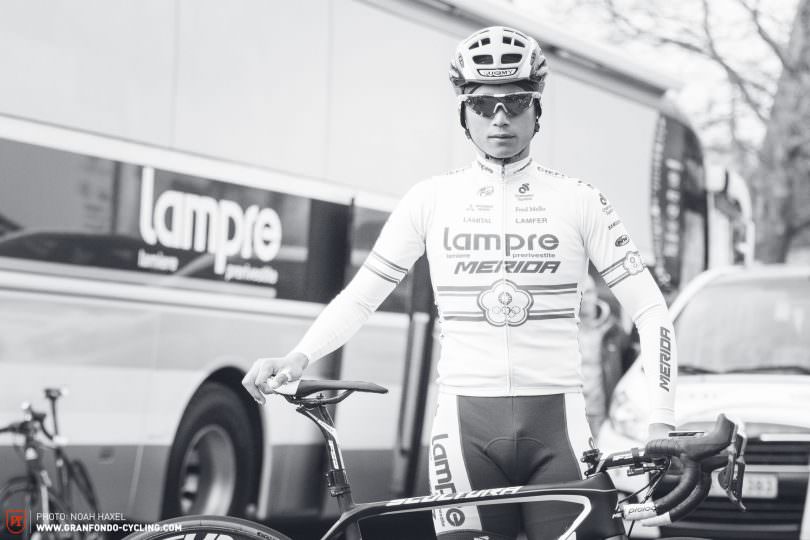
GRAN FONDO: Where do you ride most in Asia?
C.K.: My racing takes place in China and Taiwan, where I usually do multi-day stage races.
GRAN FONDO: How many kilometers do you race each year on average?
C.K.: It’s probably about 7,000km of racing. But my teammates tend to ride much more than that.
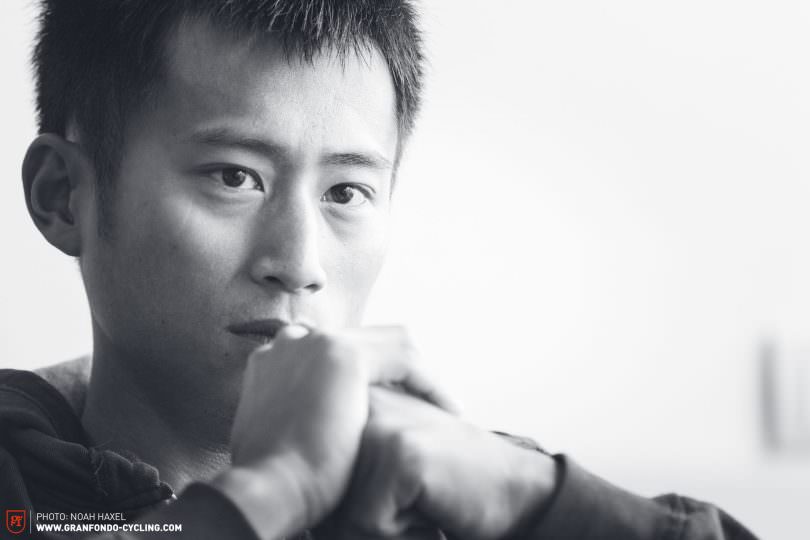
GRAN FONDO: If you consider factors like road surfaces, conditions and overall race organization, have you noted any significant differences between racing in Taiwan and Europe?
C.K.: The racing itself is very similar, but the traffic is way more dangerous in Taiwan, because the roads are only partially closed for the races. If you are too slow, you might get caught in traffic. It’s dangerous but if you win you receive 1,000,000 new Taiwan dollars (25,000 €). But basically the races mainly consist of climbing.
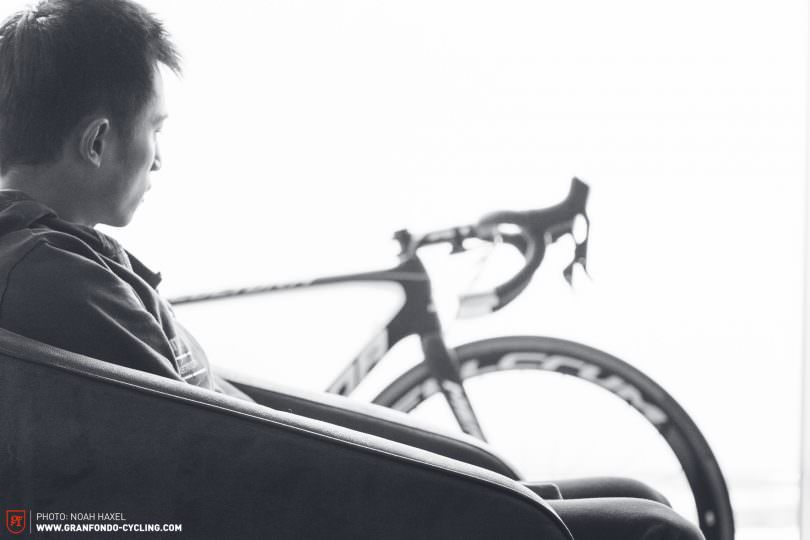
GRAN FONDO: Do you race with disc brakes in Taiwan?
C.K.: No. In Taiwan the neutral support cars don’t support disc brakes. We would like to push the organisers to allow riders to make their own choice though.
GRAN FONDO: Are disc brakes forbidden in Taiwan right now?
C.K.: The organisers in Taiwan follow the guidelines of the UCI, so it’s not allowed, but wasn’t supported before either.
GRAN FONDO: Thanks for having the time. xie xie!
C.K.: It was a pleasure!
Did you enjoy this article? If so, we would be stoked if you decide to support us with a monthly contribution. By becoming a supporter of GRAN FONDO, you will help secure a sustainable future for high-quality cycling journalism. Click here to learn more.
Words: Robin Schmitt Photos: Noah Haxel

